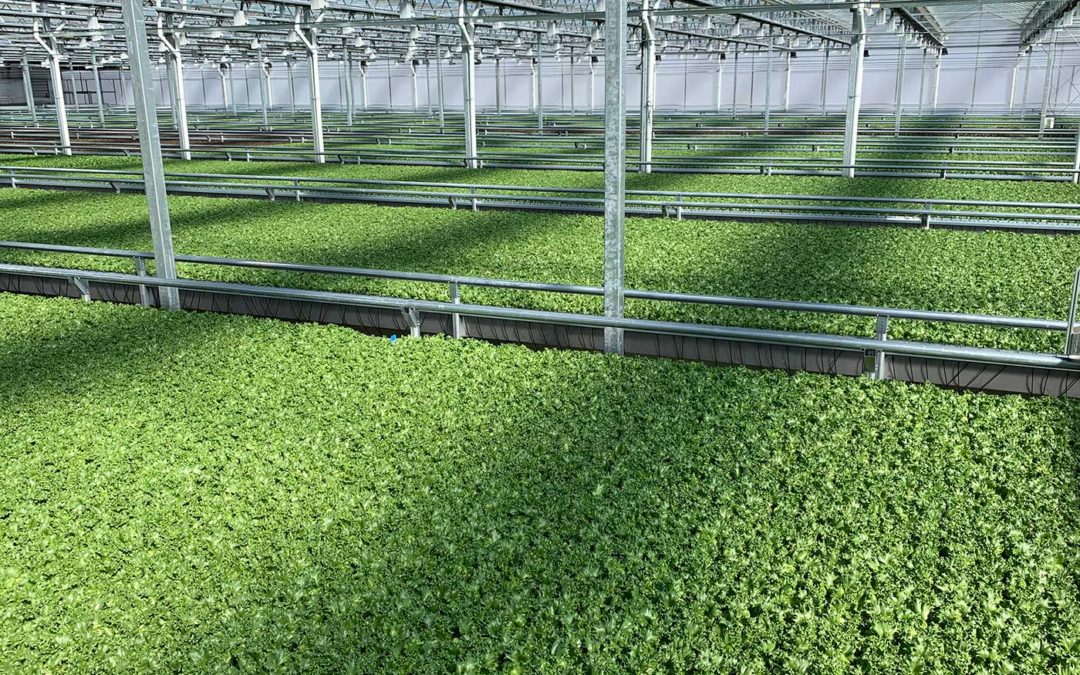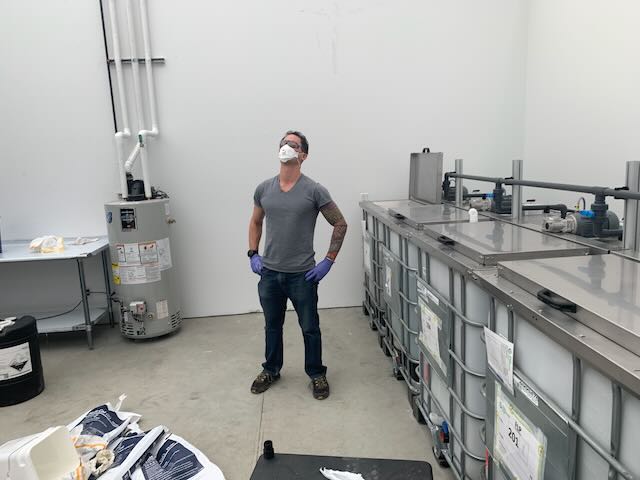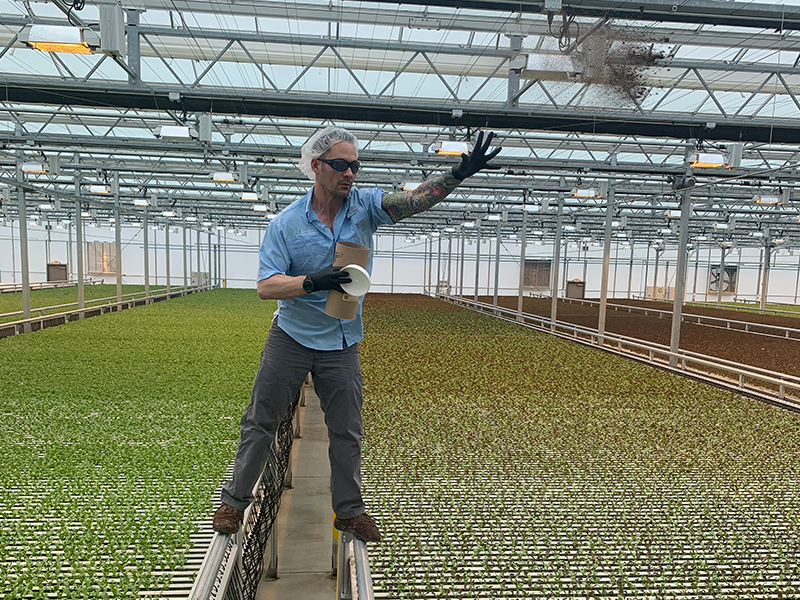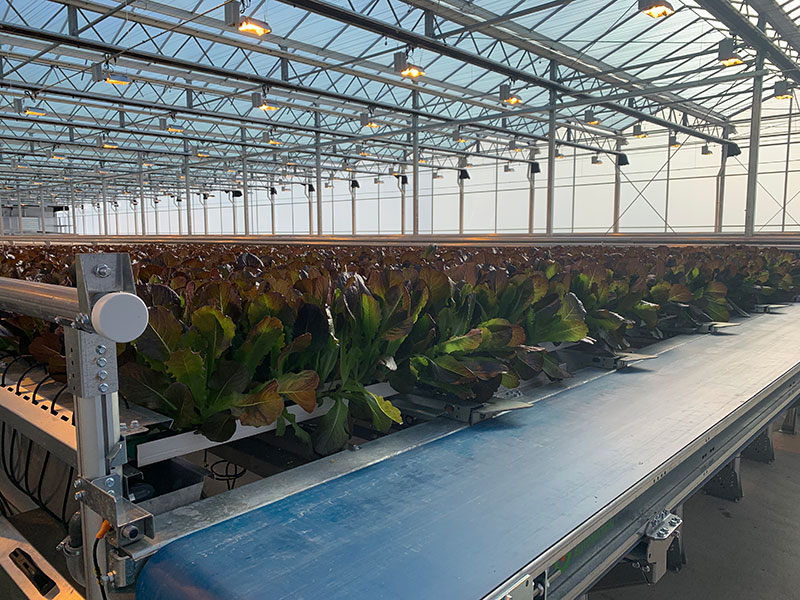
Economic analysis and project vetting for investors
Investment potential and profitability are commonly misaligned with the reality of operations in controlled environment agriculture (CEA), and in order to create an economically viable CEA business, it is critical to establish realistic and accurate expectations for production expenses and yield outputs.
The three largest production expenses in any CEA operation are labor, energy and integrated pest management, which are often severely underestimated or overlooked in business proposals for new vertical farms and greenhouses due to inexperience, resulting in marginal returns and inadequately equipped facilities. This negligence unfortunately means that far too many projects never make it out of the red. There is a tendency in the CEA industry to overpromise and underdeliver to investors – primarily due to a lack of experience as well as misunderstanding market demand and capacity.
In addition, projections on paper rarely account for disruptions that are a regular occurrence in any operation. Unlike projects on paper, projects in the real world don’t exist in a bubble. Issues such as mechanical failures, supply chain disruption and personnel concerns need to be accounted for in proforma expectations when determining the return on investment for projects.
Our team has extensive experience planning, designing and operating automated hydroponic facilities. We can help validate CapEx and OpEx allocations and verify proforma expectations.

Production optimization and operational efficiency implementation
We create customized nutrient formulations and profiles for leafy greens, culinary herbs and cannabis with proven results to increase yields and reduce costs. We optimize plant nutrition for both drain to waste and recirculating systems, using laboratory analysis to ensure your plants are getting exactly what they need. We also provide comprehensive biological inoculation and integrated pest management (IPM) program design.
Ensuring source water is appropriate for specific crop cultivation is crucial. In recirculating systems, having appropriate mineral content is essential to optimizing production. For instance, in recirculating systems, source water with high sodium content will lead to an accumulation, resulting in detrimental effects on the plants. In addition, untreated water can result in microbial contamination, causing food safety concerns and plant disease. We make recommendations based on source water analysis to help you select the proper water treatment systems that work best for your facility and your budget.
There is a substantial cost associated with maintaining an ideal cultivation environment, so it is critical to make the most efficient use of your growing space as possible. With proper space utilization, environmental parameters, cultivar selection and balance between plant density and cultivation duration, we can help you optimize yields.

Fully automated baby leaf lettuce facility design and system commissioning
Fully automated hands-free cut baby leaf cultivation systems are significantly more technologically advanced, and therefore, more productive than any other production system currently on the market. With potential yields totaling over 75 kilograms per square meter (15 pounds per square foot) annually, these systems facilitate nearly a tenfold reduction in labor costs compared to conventional hydroponic systems. However, there is a steep learning curve when it comes to understanding how to operate this technology – even for the most experienced growers. This is truly the ‘Lamborghini’ of hydroponic systems designed for baby leaf lettuce, requiring a great deal of planning, finesse and fine-tuning.
As one of only a handful of people in the world to have designed, commissioned and run these fully automated hands-free cultivation systems, I provide an in-depth operational understanding and will ensure that facilities are properly equipped to maximize productivity. By substantially reducing the ramp-up time and learning curve from initial seeding to full production with these unique systems, we help you get out of the red and into the black much faster, achieving and even surpassing production quota expectations to make sure you are getting the most out of your facility and investment. We will guide you through the necessary steps, connecting you with suppliers for seeds, substrates, nutrients, packaging systems and materials, biological control for integrated pest management, and introduce you to skilled professionals in the controlled environment agriculture (CEA) cultivation arena. Once your facility is up and running, we can also provide ongoing support and troubleshooting services.
From our Blog
Talking CEA automation on CropTalk podcast with Kyle Barnett
CropTalk is a great resource and one of the best podcasts about controlled environment agriculture (CEA). We had a good time speaking about automation, the importance of the cost of production, the demand for skilled people, and local markets for greenhouse grown...
The importance of customized fertilizer stock solutions for nutrient dosing
The importance of maintaining targeted nutrient levels in a recirculating hydroponic system is critical. Understanding the way plants interact with a two-part stock solution can provide important insights into this process, and ultimately lead to bigger, faster growing plants. To simplify, the Green Automation fertigation system consists of a line…
The importance of preventive integrated pest management
You are deep in the trenches, battling against a seemingly insurmountable horde of insects in a last-ditch effort to salvage your crop and you think to yourself, “I would do anything to stick it to these wretched bugs, yet my best efforts hardly seem to make a dent in their…
Interest and growth in controlled environment agriculture is at an all-time high
alluring – and rightfully so – as we see ever-increasing pressures and challenges to existing supplies of field-grown produce. However, producing local, sustainable and pesticide-free food using hydroponics doesn’t necessarily translate into a profitable venture. For a facility to be truly sustainable, it can’t just be based on ideological concepts;…




